Tech
Sign up for our newsletter
We summarize the week's scientific breakthroughs every Thursday.
-
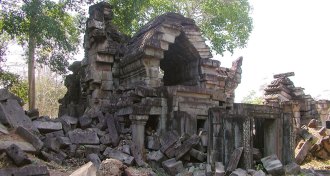 Archaeology
ArchaeologyLidar maps vast network of Cambodia’s hidden cities
Laser survey unveils the extent, and the mystery, of Southeast Asia’s Khmer Empire
By Bruce Bower -
 Tech
TechMonitoring online groups offers insight into ISIS attacks
Targeting online groups may be key to limiting the digital reach of ISIS.
By Bruce Bower -
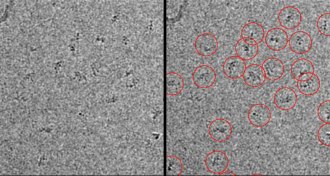 Life
LifeBiologists seek help to ‘see’ itty-bitty molecules in 3-D
A new citizen science project called Microscopy Masters aims to improve how scientists build three-dimensional models of proteins.
By Erin Wayman -
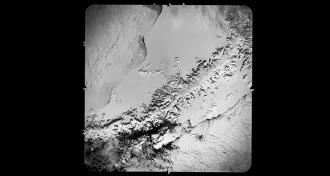 Earth
EarthSpy satellites reveal early start to Antarctic ice shelf collapse
Declassified spy satellite images reveal that Antarctica’s Larsen B ice shelf began destabilizing decades earlier than previously thought.
-
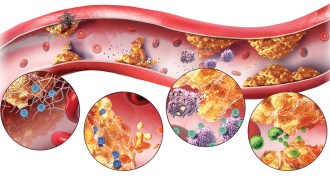 Tech
TechNanoparticles beat back atherosclerosis
Nanoparticles that find and destroy waxy plaques in blood vessels could be the next big treatment for heart disease.
-
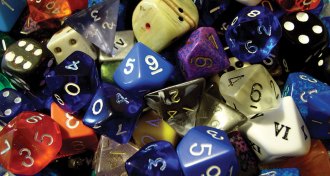 Computing
ComputingNew technique produces real randomness
A new technique makes it easier for computers to roll the dice.
-
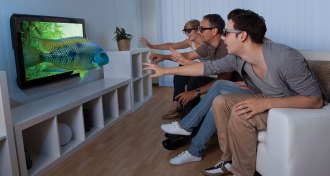 Tech
Tech3-D TVs are a work in need of progress
In 1966, scientists predicted 3-D TVs would broadcast life-size holograms by 1984.
By Erin Wayman -
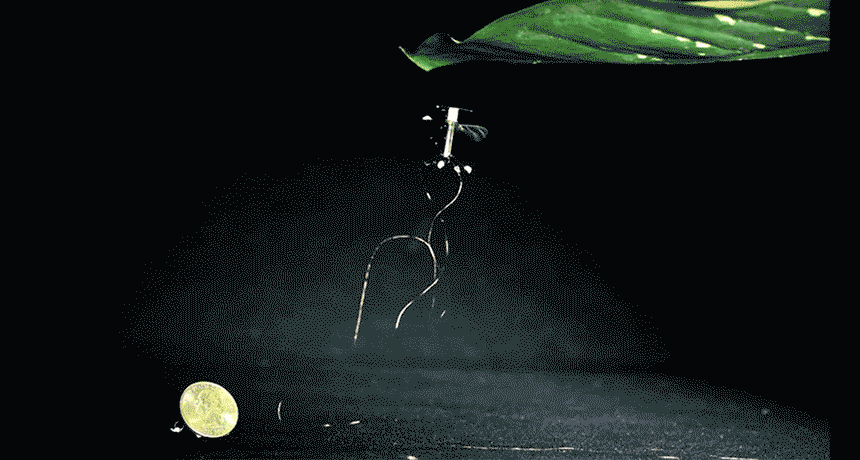 Tech
TechInsect-sized bot is first to both fly, land
A tiny aerial robot nicknamed RoboBee uses static electricity to perch on surfaces midflight. The landing device could one day help robots conserve energy during search and rescue missions.
By Meghan Rosen -
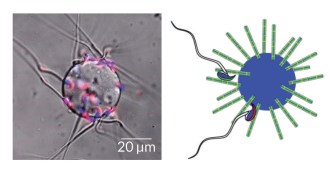 Life
LifeHow to trap sperm
Lab-made beads can trick and trap sperm, potentially preventing pregnancy or selecting sperm for fertility treatments.
-
 Tech
TechHigh-fashion goes high-tech in ‘#techstyle’
‘#techstyle,’ an exhibit at the Museum of Fine Arts in Boston, considers how technological innovations such as 3-D printing are influencing fashion.
-
 Archaeology
ArchaeologyLasers unveil secrets and mysteries of Angkor Wat
The world’s largest temple, Cambodia’s Angkor Wat, was revealed by laser and radar studies to be part of a sprawling medieval metropolis.
By Bruce Bower -
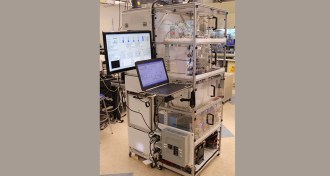 Health & Medicine
Health & MedicineMachine makes drugs on demand
A new drug-making system rapidly produces a variety of medications on demand.